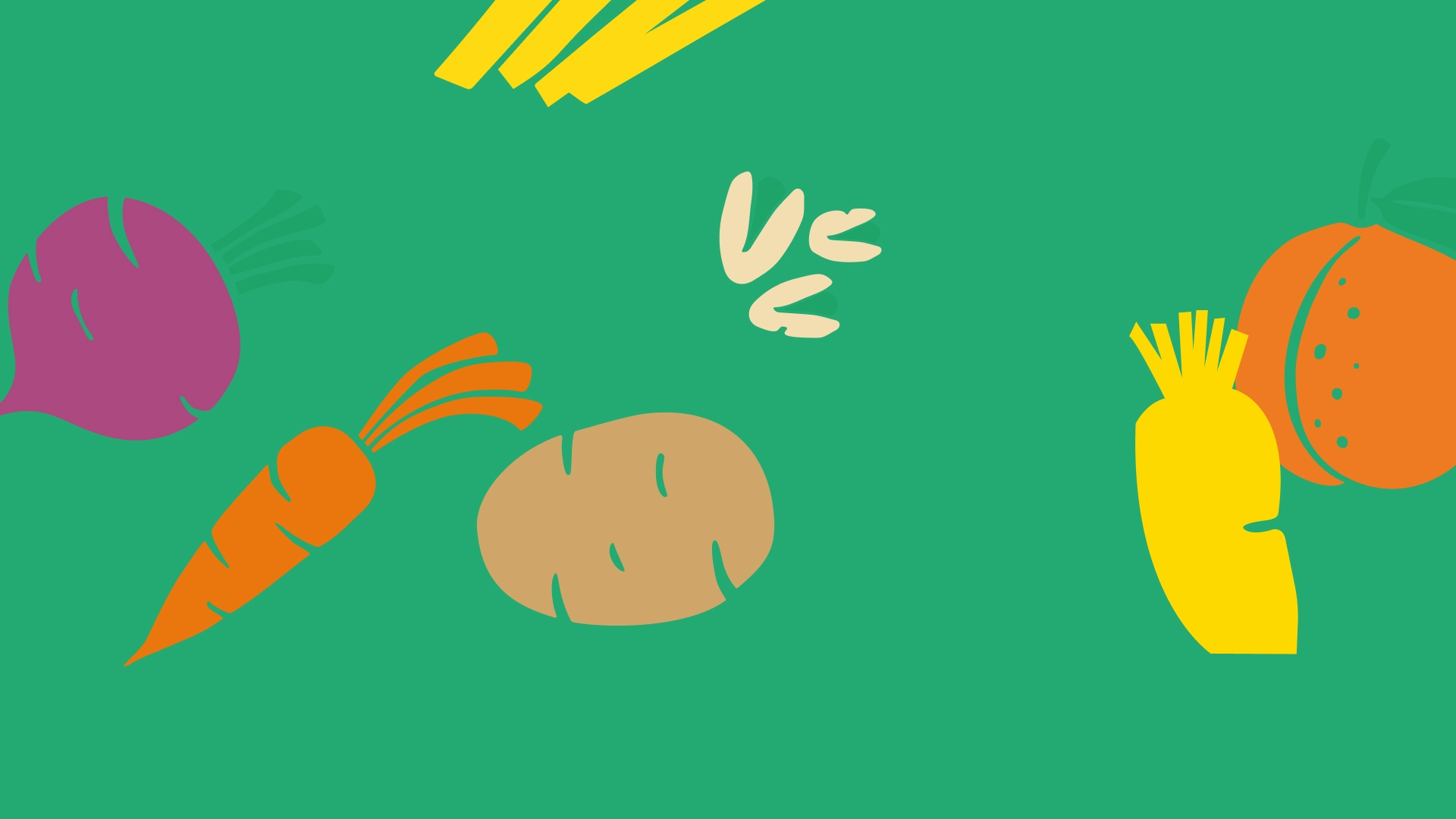
How co-creation leads to better machines in food processing
Food processing companies are facing increasingly complex challenges. Every day, producers are dealing with stricter regulations, rising quality standards and ever-changing market demands. Standard machines are no longer always sufficient to meet the specific needs of modern food businesses. Production processes are becoming more complex, product variety is growing and sustainability is taking on a more central role.
So how can food processors continue to meet these high standards? And how can they maintain both quality and efficiency without constantly investing in entirely new machines?
The answer lies in co-creation. Instead of purchasing a machine off the shelf, more and more producers are working together with machine manufacturers to develop tailored solutions. These close collaborations bring together knowledge, experience and vision resulting in innovative and sustainable machines. Many of the insights and improvements from these projects feed back into the further development of our standard machines. This way, we build on proven solutions while keeping our technology in constant evolution, without always having to start from scratch.
Why standard machines are no longer enough
For years, standard machines were the norm in the food industry. A universal peeler or sorting line could be used across a range of products and volumes. But the reality has changed. Today, producers often handle multiple types of vegetables, fruit or potatoes. Clients demand tailored solutions. On top of that, sustainability goals are becoming increasingly important.
The result? Many companies are now hitting the limits of their current equipment. For example:
Insufficient precision in cutting or sorting.
Excessive product loss.
Time-consuming changeovers between products.
High cleaning costs or extended downtimes.
Machines not designed for circular production or CSRD compliance.
In this new context, innovation in food processing is more essential than ever. And this is exactly where co-creation comes into play.
What co-creation really means
Co-creation is about an equal partnership, where each party contributes its expertise to achieve a shared goal. In food processing, it means producers and machine builders join forces to develop a solution tailored to a client’s specific situation. By using a method known as Early Supplier Involvement (ESI), we gain deep insight into the production process, leading to faster and more effective development of customized solutions.
It goes far beyond customer-focused thinking. Co-creation is a shared development journey where process knowledge and technical expertise meet. The result is an innovative solution that’s relevant both today and tomorrow and once proven successful, can be scaled more broadly in the market.
How Marcelissen applies co-creation
At Marcelissen we strongly believe in the power of collaboration. For over 75 years we’ve been building machines for food processing, but the best solutions are not developed on our own. They are built together with our clients.
A great example of this is our recent project with Vätternpotatis AB in Sweden. Their outdated optical sorting machines no longer met current demands and they were in search of more modern technology. This led to the development of the most advanced and precise sorting program we have ever created.
Such a project would not have been possible without co-creation. The smooth cooperation with Vätternpotatis’s curious and committed team led to a successful outcome that had seemed impossible at the outset. The way this sorting program came to life perfectly illustrates the power of synergy between partners.
Another great example is our Drum Knife Peeler. Together with Farm Frites we refined this machine into what it is today: the global standard for re-peeling potatoes after steam peeling. Again, close collaboration was essential to reaching the right solution.
The power of partnership in food processing
There’s no doubt that co-creation is more than just a passing trend. It’s a fundamental shift in how we approach innovation in the food industry. By truly working together, producers and machine builders unlock new potential for smarter, more sustainable and more profitable solutions.
